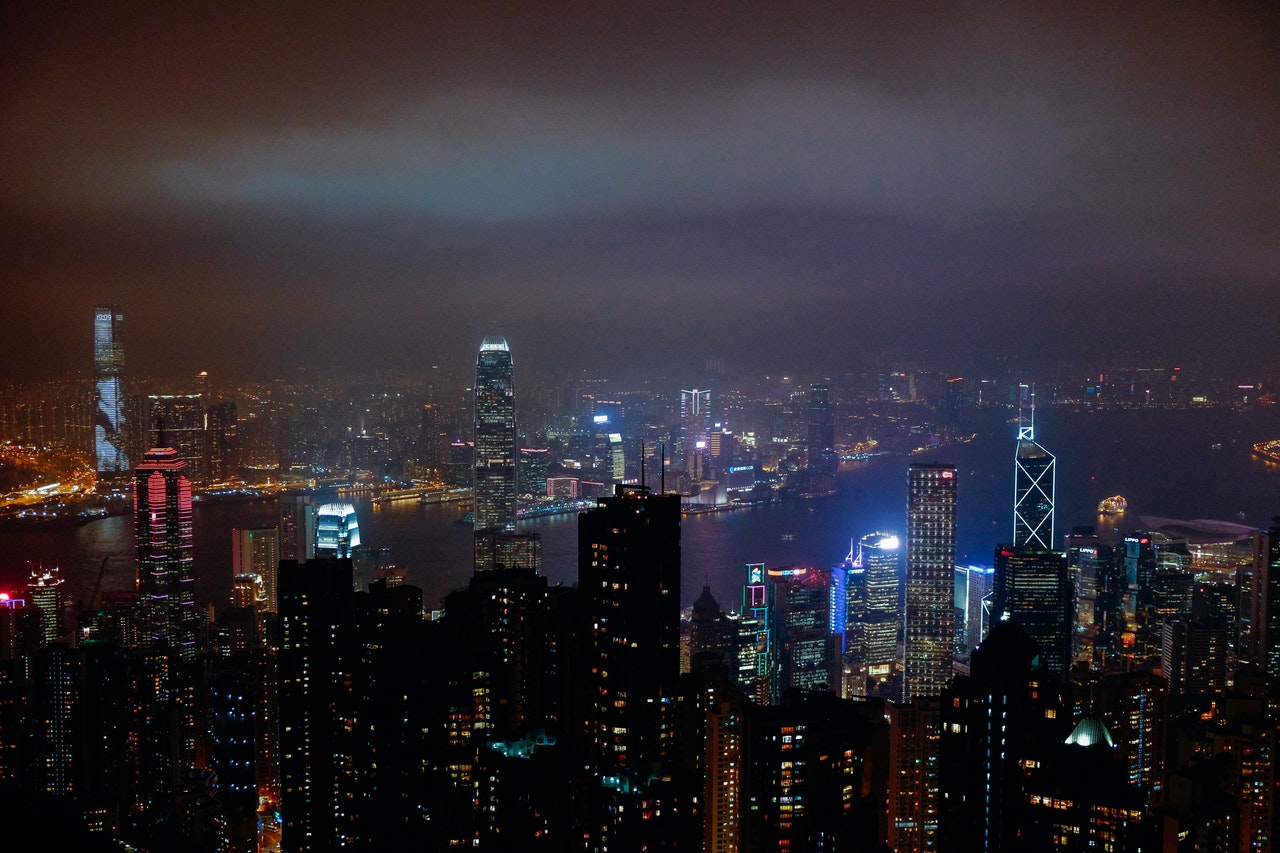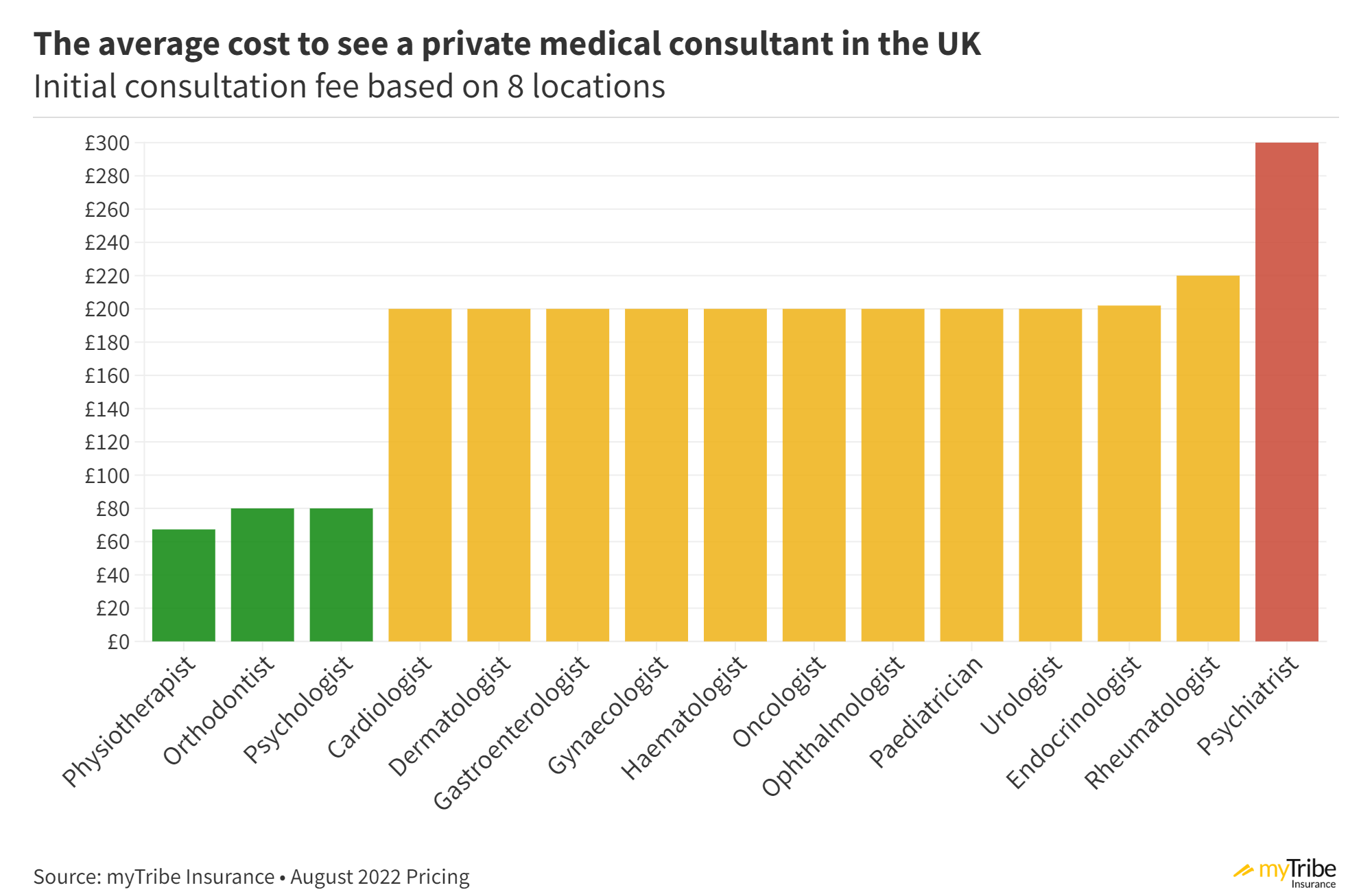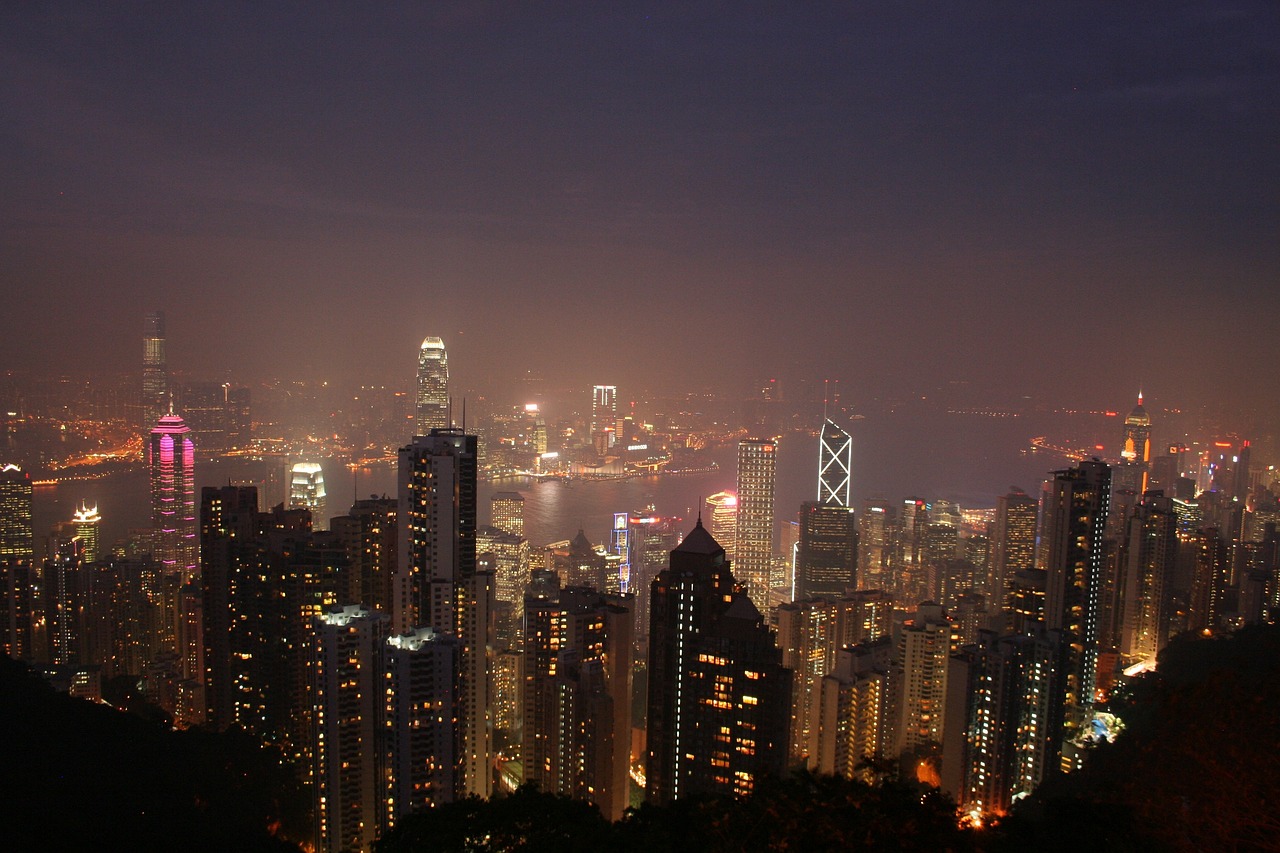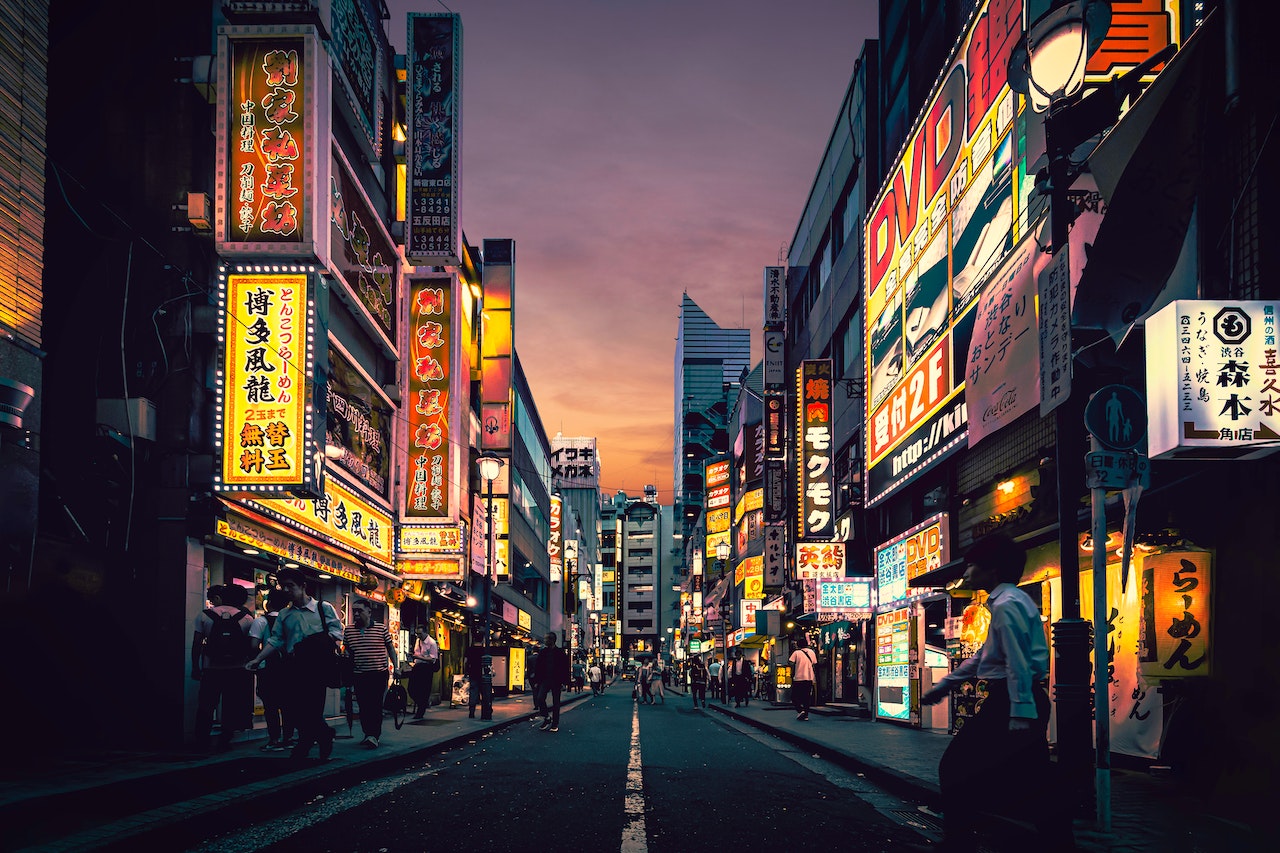In the perpetual dusk of Hong Kong’s Causeway Bay and tightly wedged between two neon-lit storefronts, there is an inconspicuous doorway. A faded red graphic of the Chinese revolutionary Mao Zedong is printed on the signboard inviting passersby up the stairs and into a small bookshop.
But the entry is shuttered and the windows dusty from disuse. The People Book Café, founded by owner Paul Tang, was in the business of selling literature on Chinese politics banned in the mainland—and the last of its kind. Following the sensational disappearance of the five remaining independent booksellers on the territory, its closure in 2018 signified to many the final chapter of China’s censorship regime in Hong Kong.
But the real ending has come three years later. Hong Kong’s freedom of press looks to have been shuttered for good, with the recent arrest of Jimmy Lai under the National Security Law (NSL). The owner of pro-democracy Apple Daily newspaper published its last edition earlier this week – its founder still in prison, top editors charged with “colluding with foreign powers,” and its assets seized.
“Hong Kong is dead,” said Lai in the days after the new legislation’s imposition, which enforces draconian measures to stamp out dissidence. “It’s worse than the worst scenario imaginable.”
Like Lai, many pro-democracy protestors admitted they knew they would lose their struggle — but felt they had no choice but to fight in a bid to protect their freedoms. More than 90 of Hong Kong’s most prominent pro-democracy activists and politicians have been arrested in the biggest crackdown of recent Hong Kong history.
Accused of trying to “overthrow” the government, detainees include long-established opposition figures James To, Lam Cheuk-ting, Claudio Mo and Benny Tai, young pro-democracy campaigners Lester Shum, Gwyneth Ho, Tiffany Yuen and Jeffrey Andrews, human rights lawyer John Clancey, a US citizen, two academics, and 13 candidates from the primaries.
Among the most prominent of those detained has been 24-year-old Agnes Chan, who co-founded pro-democracy lobby group Demosisto with Joshua Wong and former lawmaker Nathan Law. Unlike Chan and Wong, who have been sentenced under the NSL, Mr. Law has been given asylum in the UK after fleeing Hong Kong.
But for those that escape, no borders or amount of geographical distance can offer them full protection from the reach of Beijing. Political subversion is becoming an increasingly popular tool of the CCP in its efforts to bring foreign dissidents to their knees.
One case in point is that of Guo Wengui (AKA Miles Kwok), an exiled dissident based in New York who has been the target of sustained attempts by the CCP to conscript lobbyists into persuading the US government to extradite him back to China. Mr. Kwok has angered Beijing by broadcasting allegations of CCP corruption.
Not even world leaders are exempt. The 2018 election of Taiwanese President Tsai Ing-wen angered Beijing because of her anti-reunification stance and growing international acclaim. In the past several years, China has increased the scope of its disinformation campaigns in order to undermine President Tsai’s legitimacy, for instance spreading false narratives that she had faked her doctoral degree from the London School of Economics.
China’s actions abroad are flagrant breaches of national sovereignty. This is evidenced most clearly in the West, but we must remind ourselves that Beijing’s extraterritorial arrests in Hong Kong have sundered the Joint Declaration, which promised Hong Kongers autonomy until 2047.
In 2013, CCP officials abducted billionaire Xiao Jianhua from Hong Kong, who was last seen in public being carried out of a hotel, his face hidden by a blanket. They have blocked pro-independence activists from speaking at an academic conference in Thailand, forcibly repatriated and imprisoned Uighur students travelling in Egypt, and recently intercepted Hong Kongers on route to Taiwan by boat, forcibly detaining them in the Shenzhen region.
The CCP has even been suppressing members of the foreign press residing in Hong Kong, such as the Financial Times’ Asia editor Victor Mallet, who was stripped of his visa due to his pro-democracy views. Many more have been detained and imprisoned in the mainland, some disappeared forever.
When Bao Pu, the founder of the exiled New Century Press, was interviewed by the New York Times in 2016, he had only had one thing to say, “what you’re doing is writing an obituary”, of which Apple Daily’s final story may represent the closing sentence.







